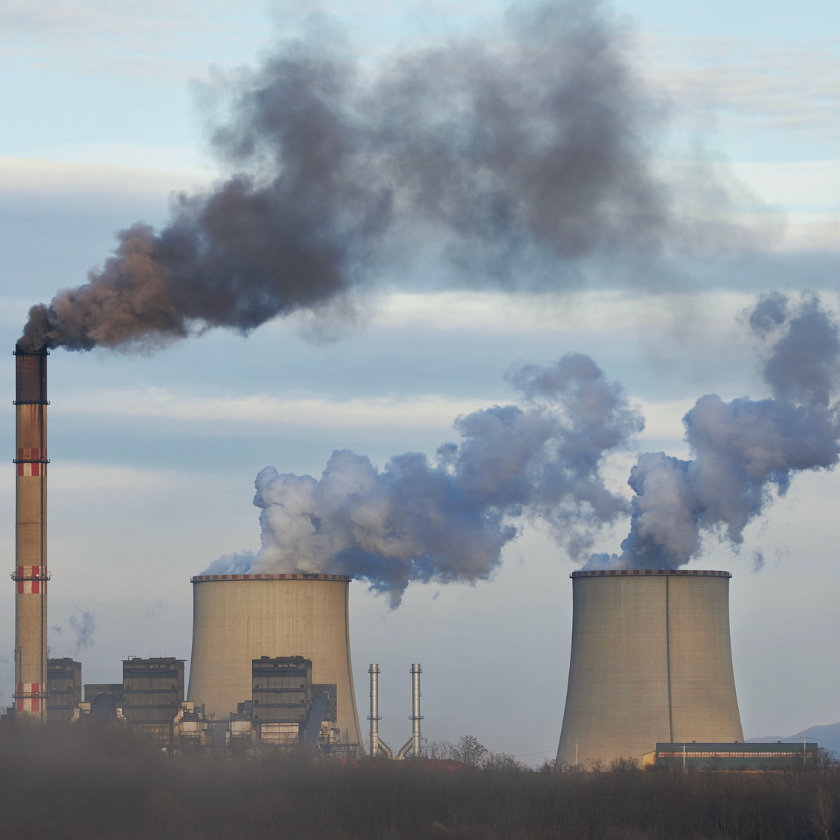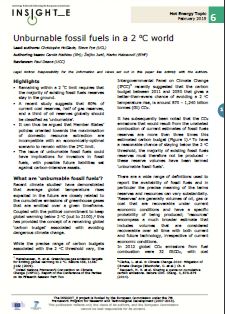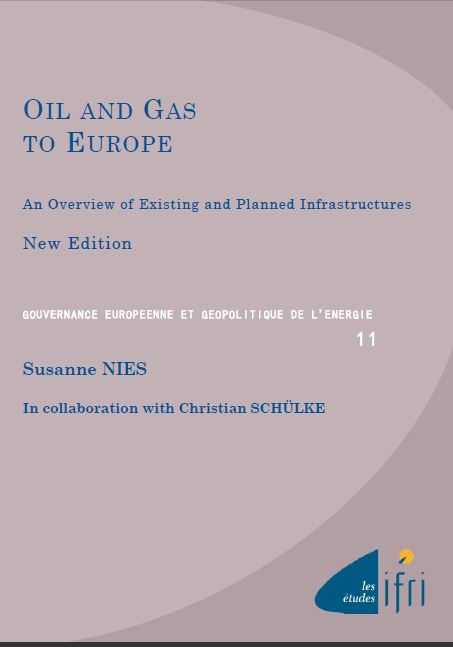Fossil Energies
The geopolitics of hydrocarbons - how are global balances changing, and what are the implications for Europe, emerging and rentier states, as well as for energy transitions?
Related Subjects

Russia’s New Energy Alliances: Mythology versus Reality
This brief paper analyzes the energy relations between Russia and its “new” energy partnerships – with China and Turkey – that the Kremlin tends to publicly promote as an alternative to energy relations with the West.
Carbon Risk and the Fossil Fuel Industry
As calls for ambitious climate action intensify, questions arise concerning the resilience of the fossil fuel industry in a world ever more inclined to favour climate protection. This article will attempt to assess the extent of present risks and show how the strength of debate can affect practices and strategy employed by companies in this sector.

Unburnable fossil fuels in a 2 °C world
Lead Authors: Christophe McGlade, Steve Pye (UCL)
Authoring Team: Carole Mathieu (Ifri); Željko Jurić, Marko Matosović (EIHP)
Reviewer: Paul Deane (UCC)
Gazprom in Europe: a Business Doomed to Fail?
The construction of what is nowadays called European energy policy is an ongoing process that officially started with the creation of the European Coal and Steel Community in 1951, and has not yet been entirely finalized. It took several decades to move from a Community composed of six countries to a policy – not fully fledged – intended to strengthen as much as possible cohesion between 28 EU member states in the energy sector.
Rosneft, Gazprom and the Government: the Decision-making Triangle on Russia's Energy Policy
Russia finds itself exposed to many risks in the fast-moving global revolution in energy affairs, and cannot avail of its opportunities despite its unique combination of natural resources and experience in their exploitation. It has entered the phase of economic stagnation, and the under-performance of the energy sector is one of the key determinants of the durability of this trend.
Russian LNG: The Long Road to Export
On 1 December 2013 a law on the export liberalization of liquefied natural gas (LNG) came into legal force in Russia. The law allows some categories of companies other than Russia's state gas giant Gazprom and its subsidiary companies to have LNG export rights.
Trans Caspian Gas: A Worthy Teething Ring for Europe's Energy Diplomats
As an early task in its efforts to build a common external energy policy, the Commission has announced it will turn its attention to bringing the vast gas resources of Turkmenistan to European consumers. This will be an excellent place for the Commission to test its ability to speak with one voice for its polyglot constituency. First, their task may be facilitated by the fact that on this topic, no European voices are yet particularly audible.
Kanal Istanbul: Pipedream or Politics ?
This paper examines Kanal Istanbul, a plan proposed by recently re-elected Turkish Prime Minister Recep Tayyip Erdogan to bypass the Bosphorus Strait by creating a canal west of Istabul.
The Water in a Cup of Tea - a Water and Energy Primer
Ever give a thought to how much water there is in your cup of tea? I know the volume in the cup is about 8 ounces - but it is hot - hopefully around 100 degrees Celsius or 212 Farenheit. So you had to heat it up one way or another to make tea.

Oil and Gas Delivery to Europe: An Overview of Existing and Planned Infrastructures. New Edition
The European Union’s hydrocarbon energy supply depends heavily on imports. While the European Commission has recommended diversifying and increasing domestic resources, notably with renewable resources which should grow to 20% by 2020, dependence on hydrocarbon imports will remain not only substantial, but will increase.
Support independent French research
Ifri, a foundation recognized as being of public utility, relies largely on private donors – companies and individuals – to guarantee its sustainability and intellectual independence. Through their funding, donors help maintain the Institute's position among the world's leading think tanks. By benefiting from an internationally recognized network and expertise, donors refine their understanding of geopolitical risk and its consequences on global politics and the economy. In 2025, Ifri supports more than 80 French and foreign companies and organizations.








